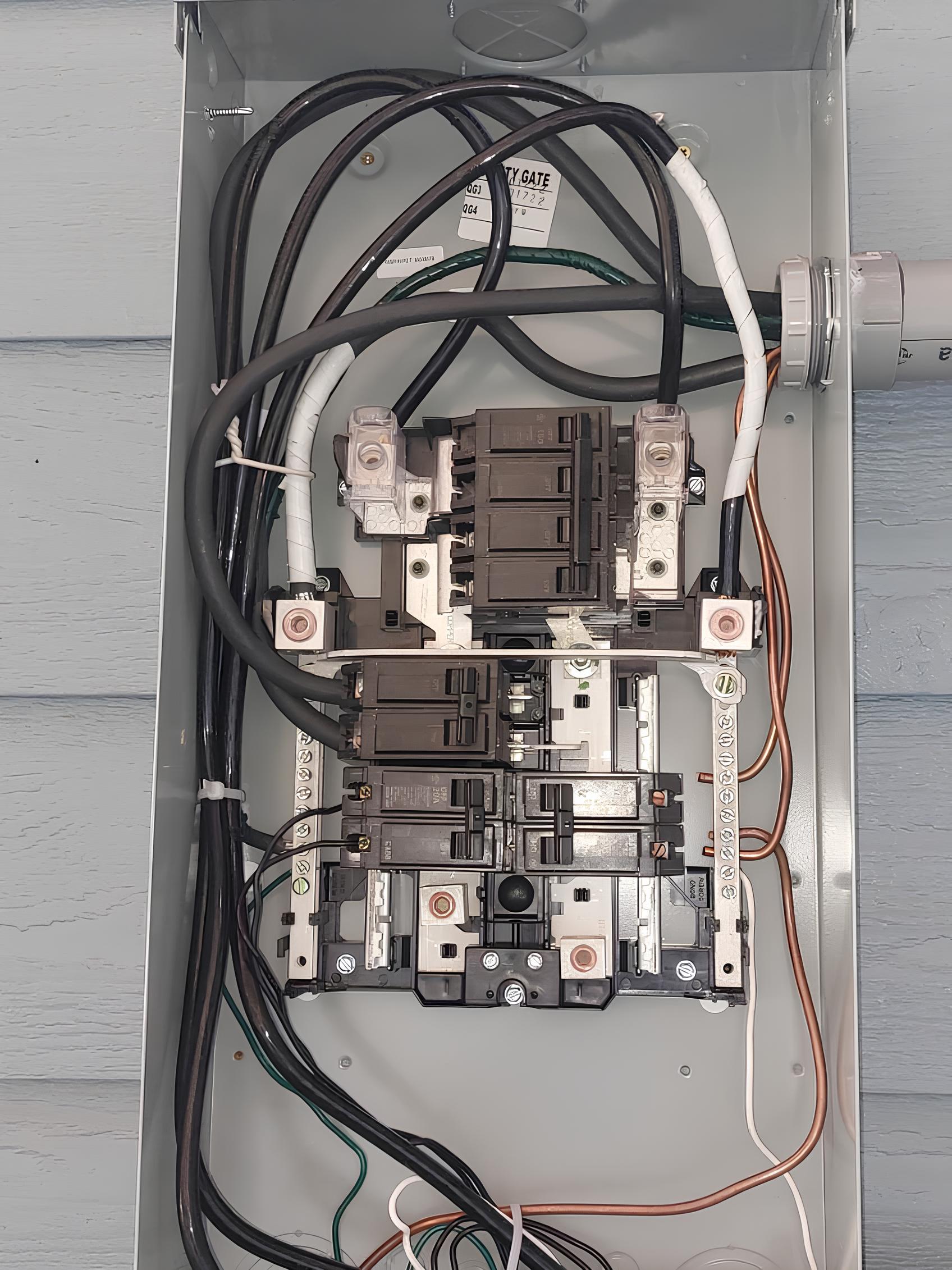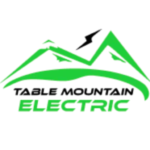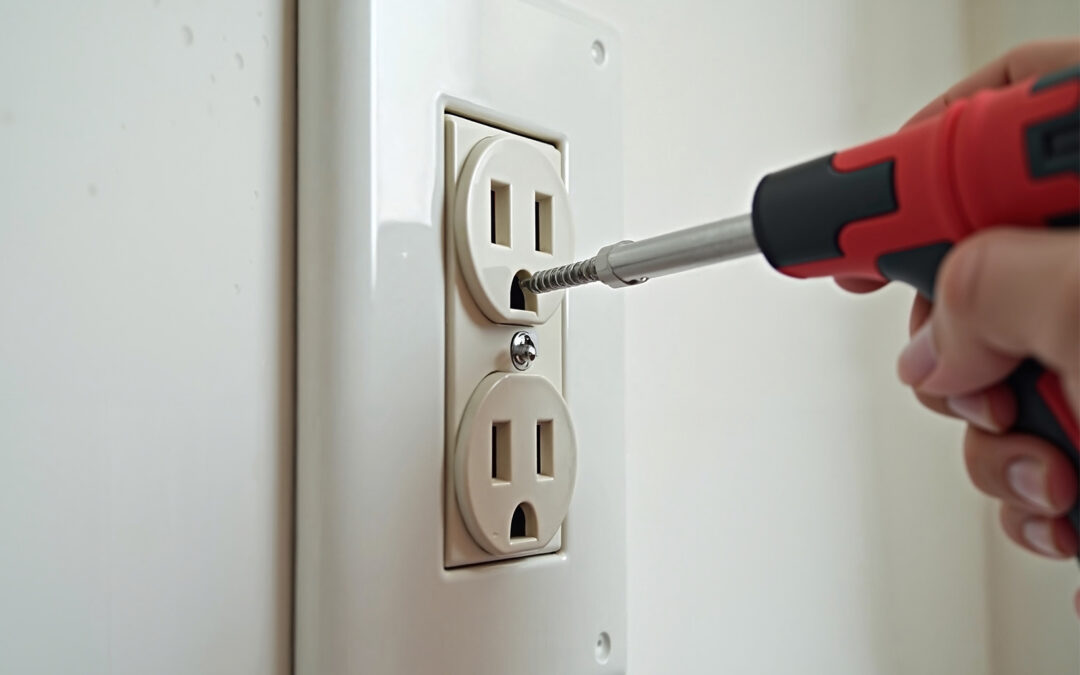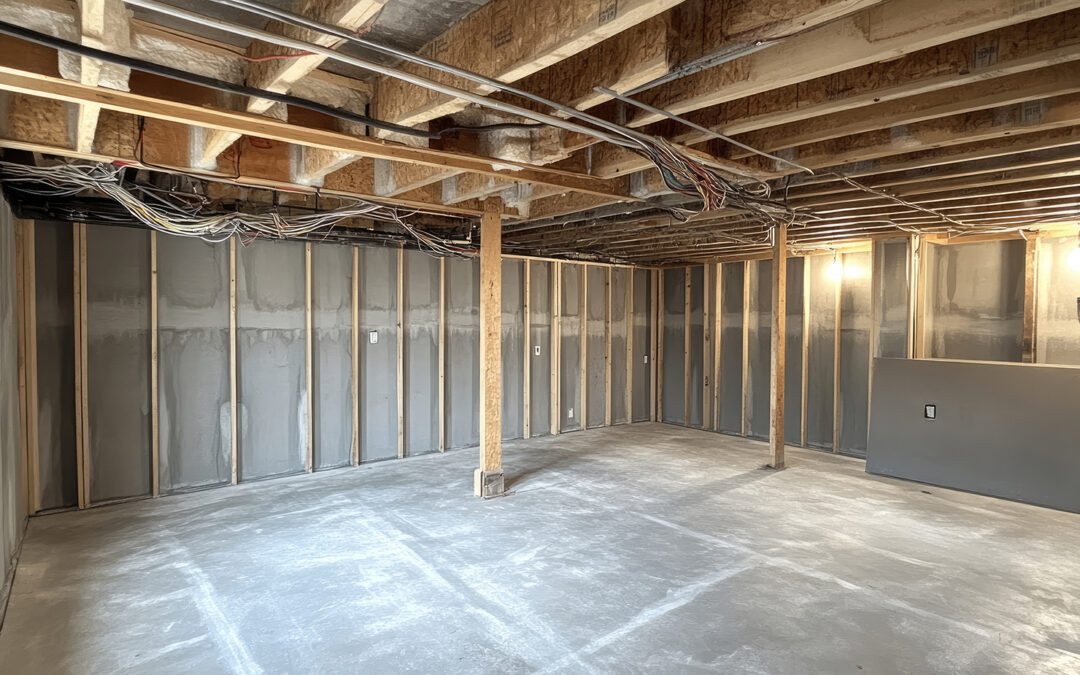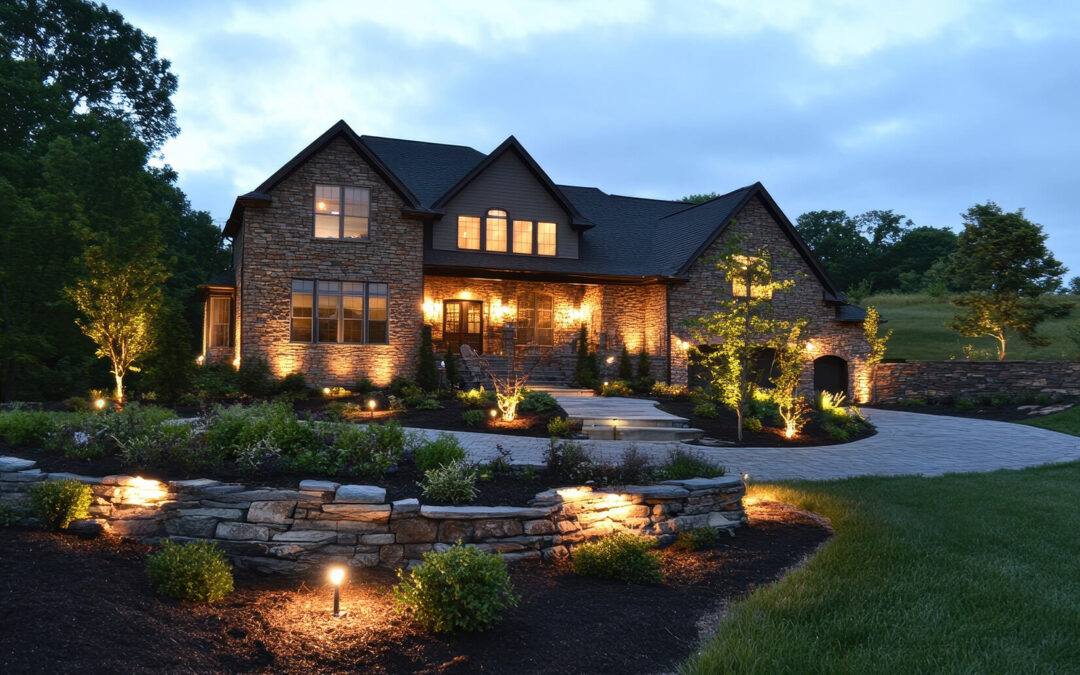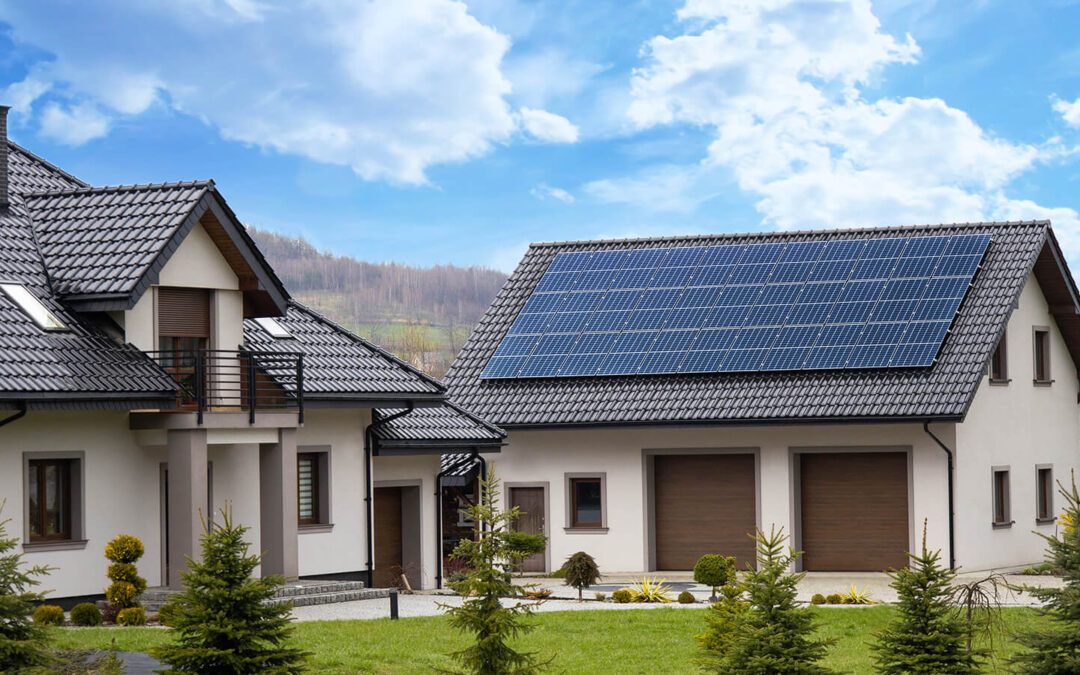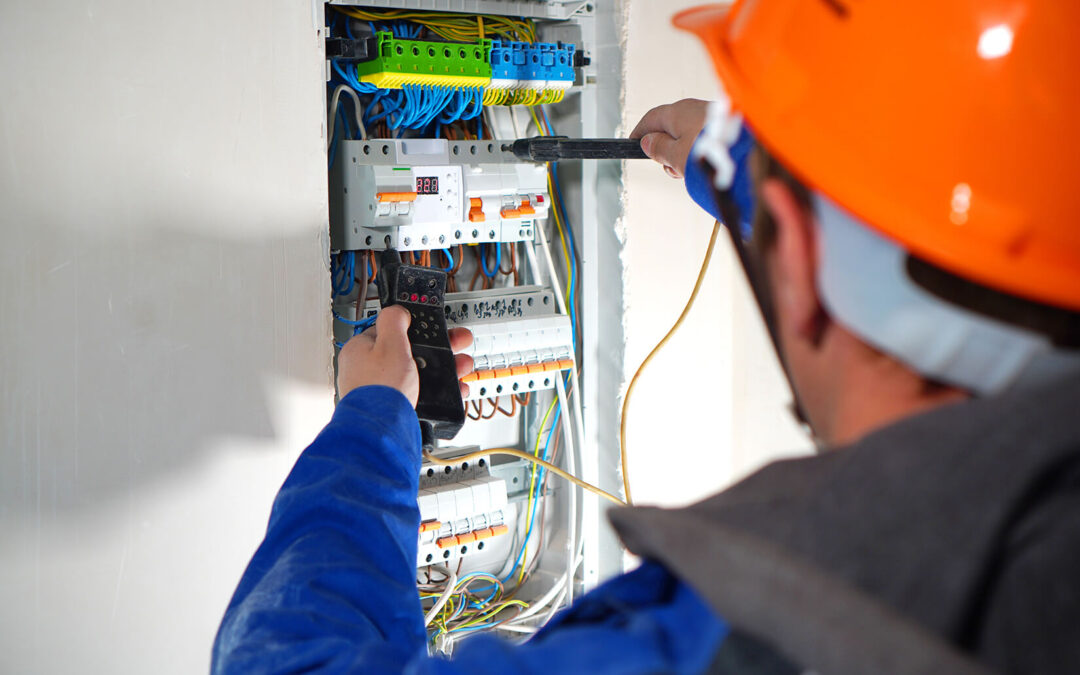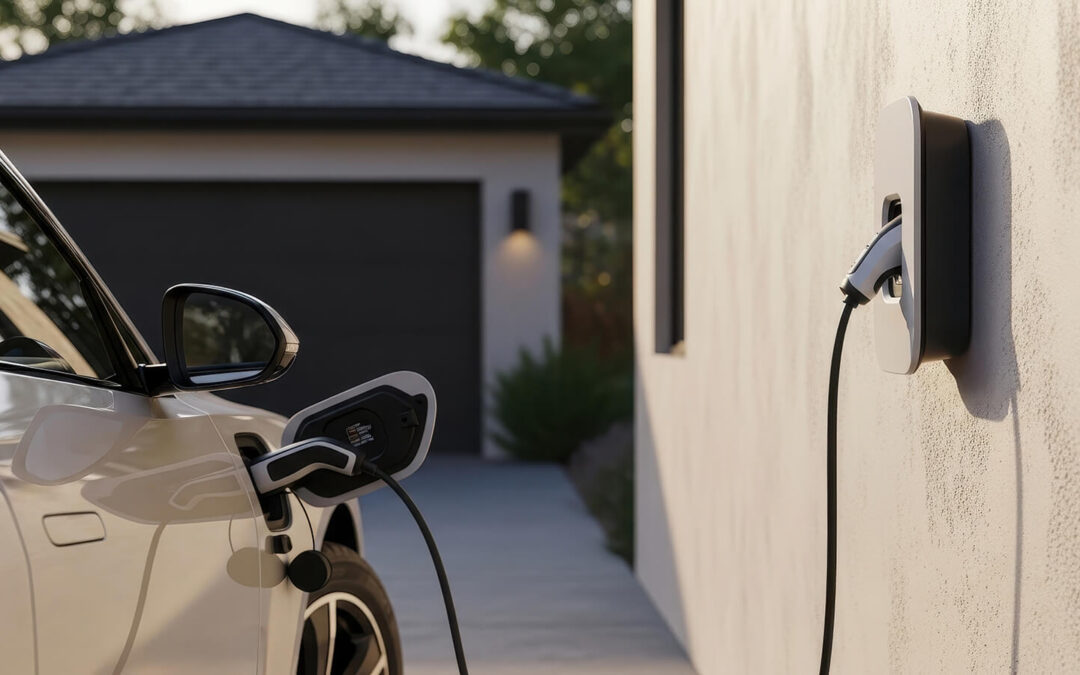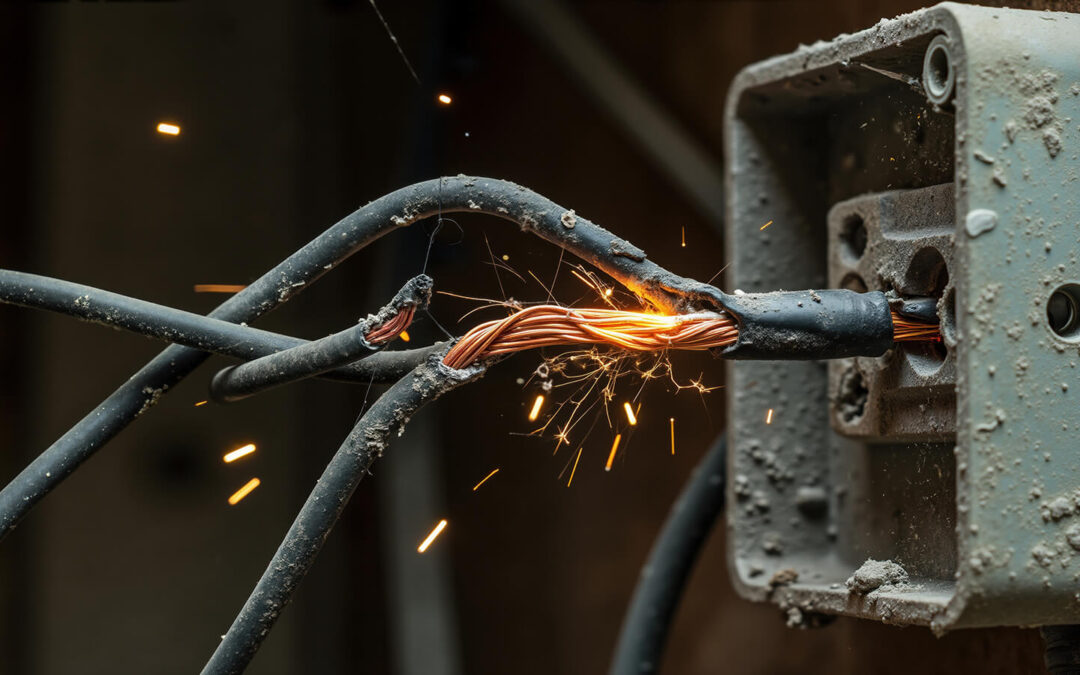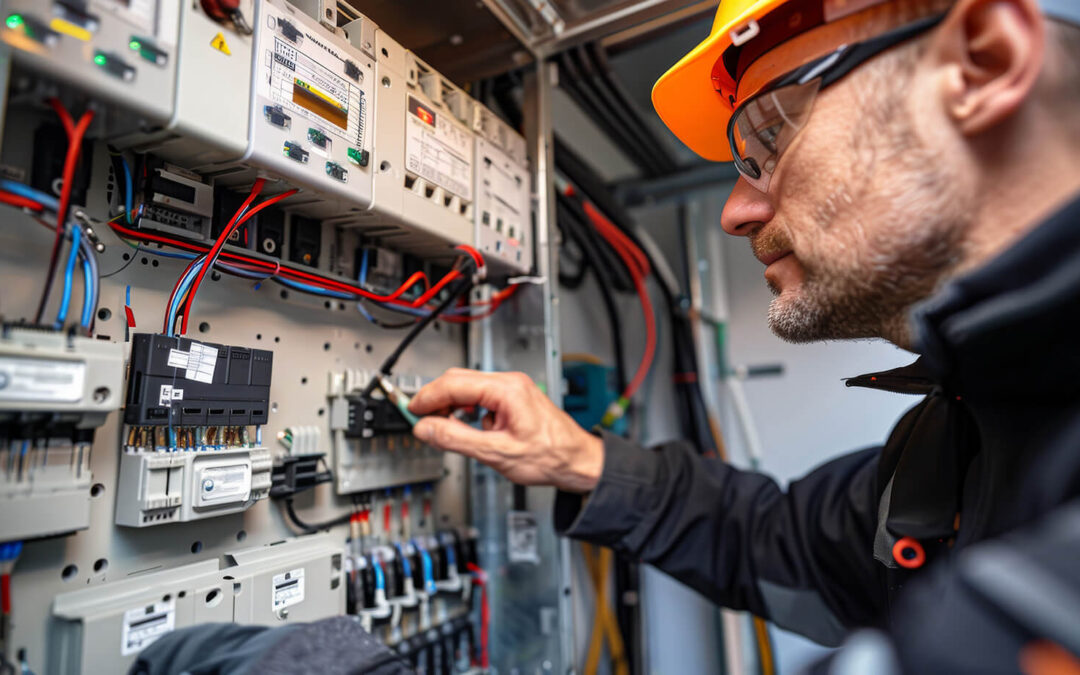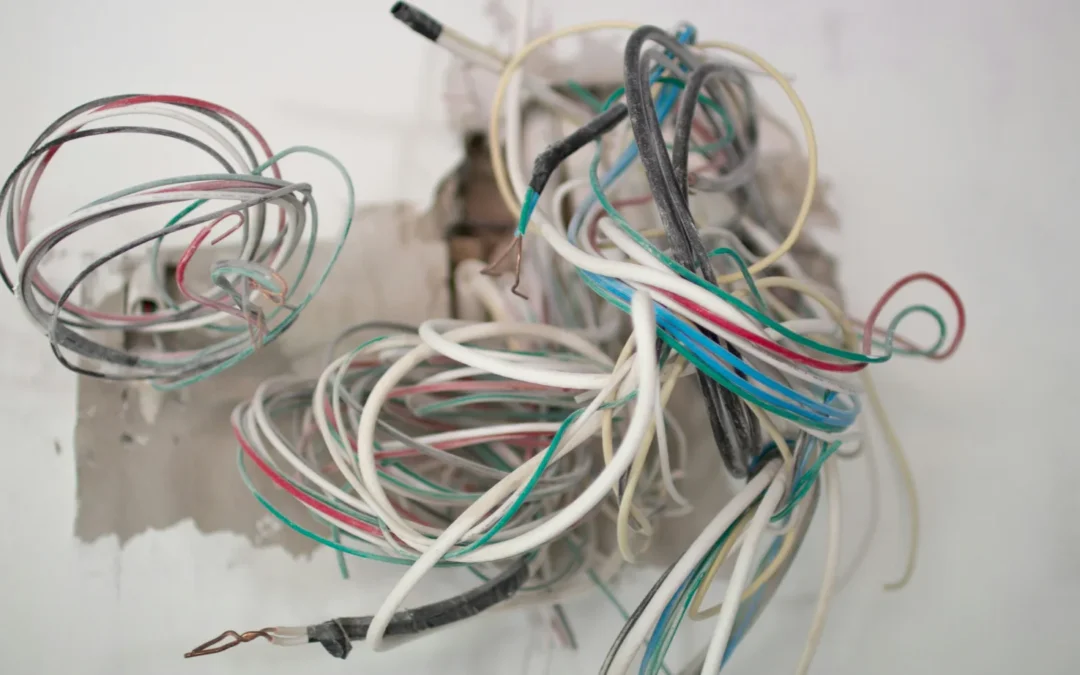Upgrading an electrical panel is often a necessary step for homeowners, especially as our homes become filled with more high-power electronics and appliances. An upgraded electrical panel can increase your home’s safety, support larger electrical loads, and boost home value. If you’re considering making this investment, you likely have one primary question on your mind: How much does it cost to upgrade an electrical panel? In this blog, we’ll break down the factors that influence the cost and provide an estimated range.
The Necessity of Upgrading an Electrical Panel
Safety Concerns for Your Current Panel
Perhaps the most pressing reason homeowners choose to upgrade is the inherent safety that a modern electrical panel brings. Older panels, especially those equipped with fuse boxes rather than contemporary circuit breakers, gradually become electrical fire hazards. As they age, their efficiency drops, and they can’t handle the electrical demands of modern homes, leading to potential overheating or even electrical fires. In fact, electrical malfunctions are the cause of about 6.3% of residential building fires each year. Upgrading to a newer panel decreases these risks significantly.
Accommodating Increased Demand and Energy Efficiency
Think about the evolution of our homes in recent decades. The proliferation of high-power devices, from advanced HVAC systems to electric vehicle chargers, means we’re drawing more power than ever before. Older homes, with their initial electrical setups, are often ill-equipped to manage this increased load. Upgrading the panel ensures your home can support this demand without potential overloads that might trip breakers or blow your fuse box.
Enhancing Home Value
Beyond immediate electrical needs, homeowners looking toward the future, especially those considering selling their homes, view an electrical panel upgrade cost as an investment. An upgraded panel signals to potential buyers that the house is fit for modern electrical demands, thereby adding to its market value.
Factors Determining the Cost of the Upgrade
The cost to upgrade an electrical panel is influenced by several components:
Amperage Variation of Your Home’s Electrical System
The most pronounced cost factor is the size of the upgrade. For instance, transitioning from a 100-amp panel to a 200-amp service could be more expensive than a shift from a 150-amp to a 200-amp electrical system. The capacity you’re aiming for directly correlates with the overall cost.
Labor Expenditure
Labor forms a significant chunk of the expense. Costs can vary dramatically based on your geographical location, the intricacy of the project, and whether there’s a need for additional wiring. Electricians often charge by the hour, and depending on the scope, the project could span from half a day to a full day’s work. This means you could be looking at anywhere from a few hundred to over a thousand dollars just in labor.
Permit Costs
Most local governments require homeowners to obtain permits for substantial electrical work. The cost for these permits can be quite variable. In some regions, it might be a nominal fee, while in others, it could add several hundred dollars to the project.
Additional Costs of Your Breaker Panel
It’s not just about replacing the panel. There are associated costs, like the panel itself, circuit breakers, and other materials. Also, during the upgrade, if your electrician identifies further issues, like outdated electrical panels, outdated wiring, or potential hazards, there could be an additional cost for these fixes.
Estimated Costs for Replacing Your Breaker Box
Upgrading from a 100-amp to a 200-amp panel is quite common, especially for homes that are a few decades old. Panel upgrades from 100-amp to 200-amps typically cost around $4,200 to $5,000. However, if you’re considering more significant upgrades, such as transitioning from a 200-amp to a 320-amp system, the cost could be upwards of $18,000, especially if extensive rewiring is required.
Strategies to Economize on Your Electrical Panel Upgrade
Soliciting Multiple Estimates for Electrical Panel Upgrades Costs
One of the most straightforward ways to ensure you’re getting the most value for your money is by soliciting quotes from multiple electricians. Different professionals have varying rates, methodologies, and even recommendations based on their experiences. Of course, some electrical companies, like Table Mountain Electric, offer price match guarantees for electrical panel upgrades, which offer further cost-saving options.
Synchronizing with Other Renovations
Homeowners often find value in synchronizing their electrical panel upgrade costs with other home renovations or improvements. Why? Having simultaneous work done can minimize disruptions in your living space and may also lead to labor cost savings. For instance, if you already have a contractor working on another part of your house and they offer electrical services, they might provide a package deal or discounted rate since they’re already on site.
Exploring Rebates or Incentives
It’s worth noting that, occasionally, local utilities or governing bodies introduce rebates, tax breaks, or incentives for homeowners who undertake specific electrical upgrades, especially if they lean towards energy efficiency or your home’s safety. Researching these options might seem time-consuming initially, but it could lead to considerable savings. Your electrician or local municipality’s website can be a good starting point. For more information about rebates in Colorado, visit this page.
Choosing the Right Electrical Partner: Table Mountain Electric
For over two decades, Table Mountain Electric Inc. in Denver has offered unmatched expertise in residential and light commercial electrical services. From minor tweaks to full-scale home rewiring or electrical panel upgrades, our dedication to honesty, transparent communication, and top-notch service shines through. We combine our extensive experience with the best in equipment, ensuring every project meets the highest quality and safety standards.
Don’t compromise when it comes to your home’s electrical needs. Experience the blend of professionalism, convenience, and commitment that Table Mountain Electric offers. Book online today and partner with Denver’s best for your next electrical project.



